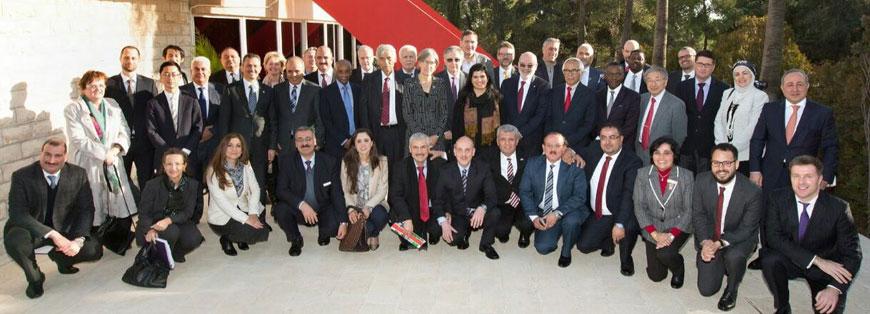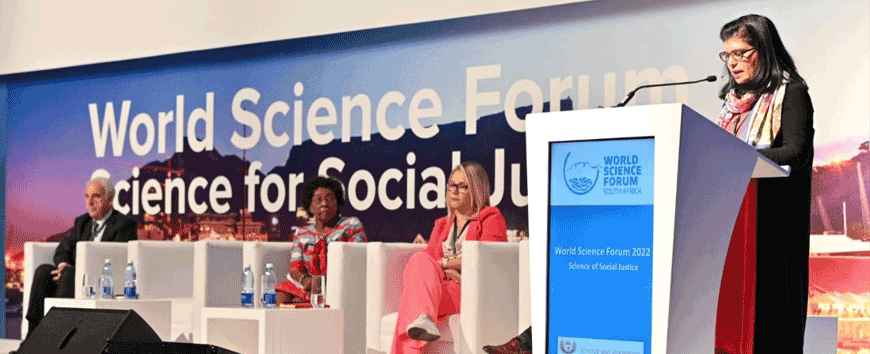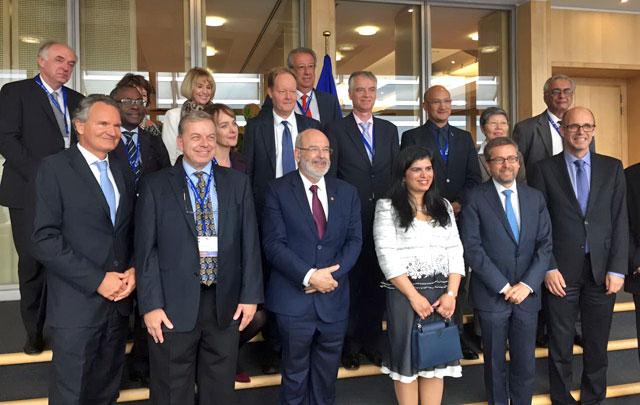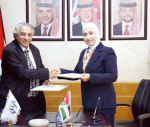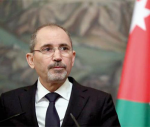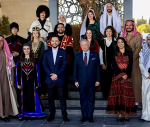You are here
Scientific data vital to ensure food and nutritional security — experts
By Camille Dupire - Nov 09,2017 - Last updated at Nov 09,2017

A Sri Lankan farmer prepares a paddy field for sowing in Piliyandala, on the outskirts of Colombo, on Wednesday (AFP photo)
DEAD SEA — “How do we ensure that all people, everywhere, have access to an adequate diet that fulfils all their nutrition requirements — while promoting sustainable agriculture and minimising impacts on the environment
This is the question that experts in the fields of agriculture, nutrition and health discussed on Wednesday, as they reviewed the latest findings of a recent project conducted by the InterAcademy Partnership (IAP) and the European Academies Science Advisory Council (EASAC) titled “Food and Nutrition Security and Agriculture”.
Organised as part of the World Science Forum (WSF) held at the Dead Sea between November 7 and 11, the session reviewed the findings of the inter-regional work of the IAP, a global network of science academies and the affiliated European network EASAC.
The project, which was initiated two years ago, aims to explore how science can inform global policy development and develop a holistic food system through the implementation of regional and national policies based on technology and innovation, according to a WSF statement.
“Scientific evidence is essential in drafting policy recommendations, especially in the fields of health, nutrition, engineering and technology,” said Volker ter Meulen, the IAP president, who started out the session by outlining the global strategy of the IAP.
“We looked at 10 major topics, including strengths and weaknesses of technology in the fields of food and agriculture and efficiency of food systems, which we included into four main reports. Those reports were drafted with the aim of producing a fifth and final synthesis report which, we hope, will help promote scientific innovation and research in the sector and fill the existing gap in knowledge,” he explained.
While the adoption of the Sustainable Development Goals by the UN in 2015 has provided the world with a goal-driven framework, existing challenges have shown the need for the science community to continue innovating to address the complexities related to issues of health, nutrition, agriculture, climate change, ecology and human behaviour.
Professor and researcher at Addis Ababa University Endashaw Wordoffa, looked at the issue through the African example of underutilised crops.
Referring to the more than 2,000 unutilised crops in the continent, he emphasised the great potential of these untapped opportunities in increasing food security. “The problem is not that we do not have enough policy. It is that we are implementing them in an ill manner, either too slowly or unprofessionally,” he stressed, urging for a review of national policies and a strengthening of collaboration between regional and global stakeholders.
Asking the question “Are the people in Africa in the right number in the right place?” the scholar answered negatively, highlighting the issue of food administration as the most pressing challenge to be tackled.
For Eduardo Bianchi, professor and researcher at the Escuela Argentina de Negocios, who conducted the research group in the Americas, the food safety challenge, including issues of malnutrition, obesity and poor nutritional behaviours, has to be tackled through science, technology and innovation.
“Over 40 million people are considered food insecure in the Americas, and the problem is not only affecting their health, it also has an impact on environmental degradation, massive deforestation, climate change, etc.,” he noted.
“The scientific outputs of this report will help in increasing water efficiency, combating pests and diseases and reducing environmental challenges,” he noted, adding that “the way forward lies in the change in trade policies, as food security can only be achieved by including both supply-side and demand-side issues into the international policy agenda.”
For Paul Moughan, from the Royal Society Te Aparangi in New Zealand, the global challenges in attaining food and nutrition security are strongly compounded by the exponential growth of the population.
“Our work in this project has tackled regional issues through a local lens, with experts who were aware of the specific challenges of their region,” he explained, noting that, as no region is immune from concerns about food and nutrition security, food systems have to become better integrated as a pillar of the global bioeconomy.
“In Europe too, we suffer from a number of problems related to food security,” said Robin Fears, director of the biosciences programme at EASAC, adding “nutrition has a pivotal role in the research agenda, as it is intrinsically embedded with environmental sustainability, competition for land use and pressure on natural resources.”
Fears stressed the need to define an integrative food-systems approach that will contribute in better distributing resources and increase agricultural productivity.
“Our ultimate aim is to create strong consensus messages for policymakers and other stakeholders at the global level, by providing science based data on the existing disparities in policy expectations, objectives and future options in the different regions,” concluded ter Meulen, in a session that was moderated by Joachim von Braun, professor of economic and technological change at the Centre for Development Research.
Related Articles
AMMAN — HRH Princess Sumaya, the president of the Royal Scientific Society (RSS), on Tuesday welcomed leading international scientists and p
AMMAN — A delegation from the Royal Scientific Society (RSS) participated last week in sessions of the World Science Forum (WSF) 2022 in Cap
AMMAN — HRH Princess Sumaya has chaired a meeting in Brussels to discuss preparations for the 8th World Science Forum (WSF), which will be h


